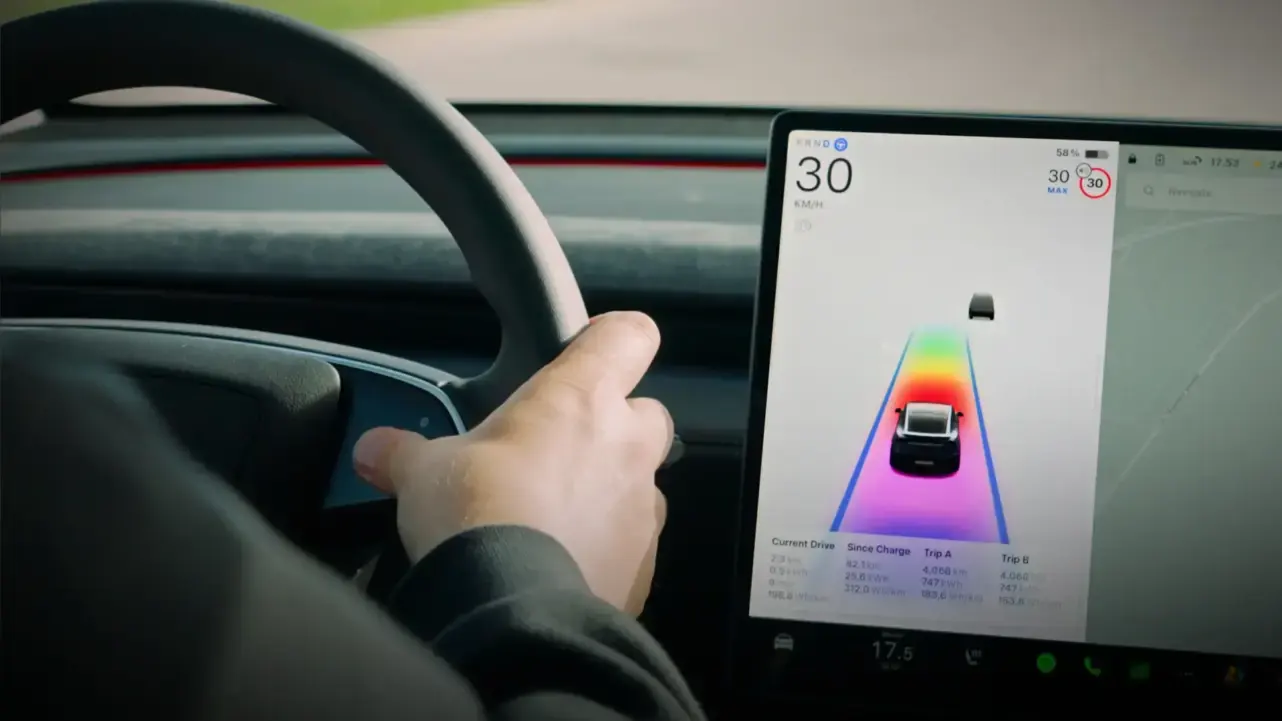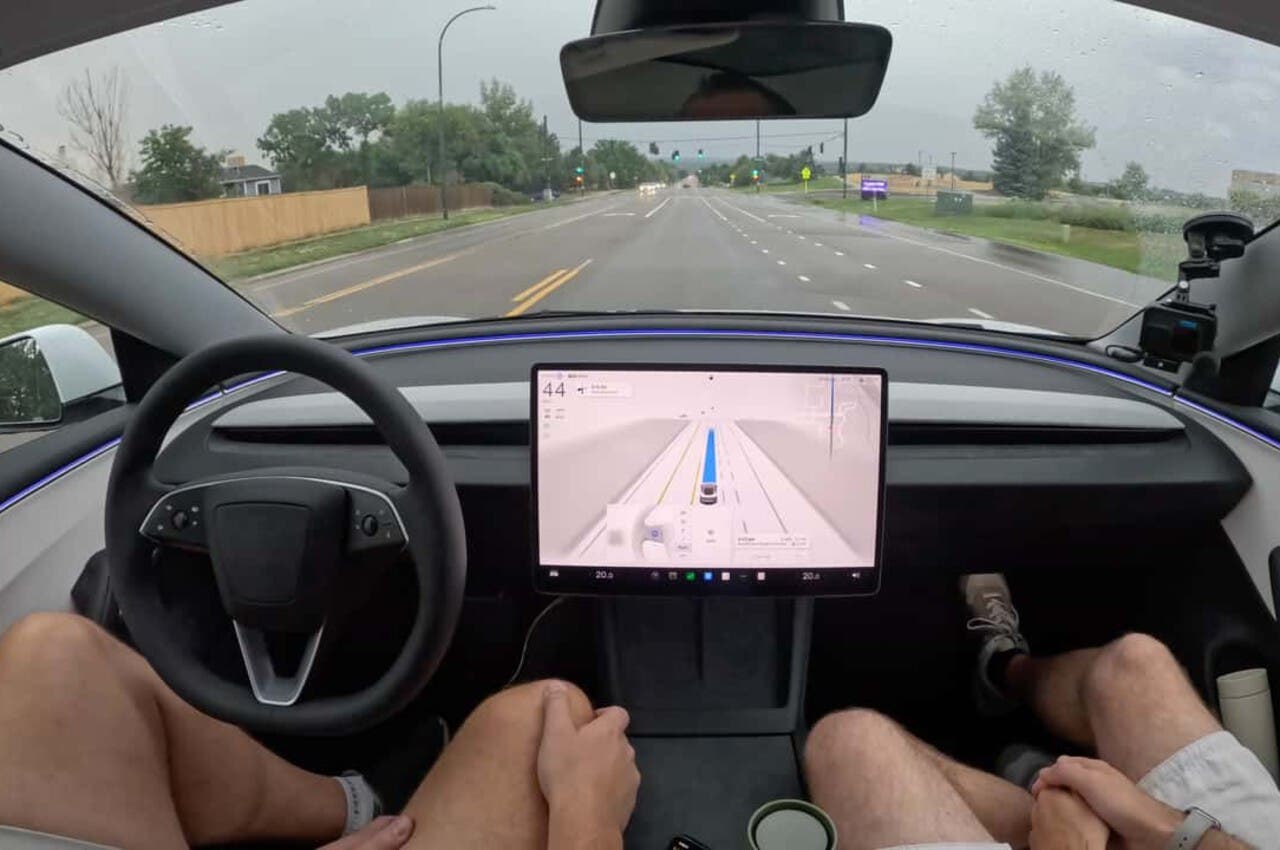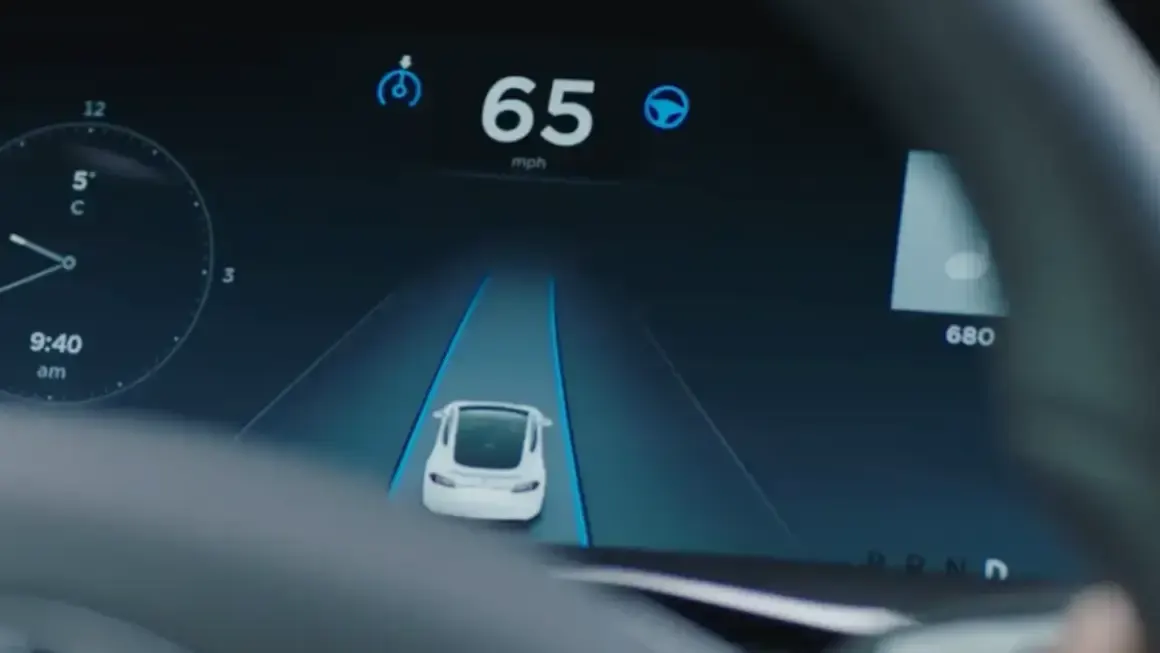According to recent court filings in California, Tesla has reached two confidential settlements to resolve lawsuits stemming from fatal crashes in 2019 that involved its driver-assistance software, commonly known as Autopilot. These settlements highlight a sensitive moment for Elon Musk’s company, as the safety and reliability of autonomous driving technology continue to face intense scrutiny from the public, regulators, and the courts.
The lawsuits centered on two separate tragedies. The first involved the death of a 15-year-old boy in Alameda County when the vehicle he was traveling in with his father was rear-ended by a Tesla Model 3 operating on Autopilot. The collision caused the car to flip and crash into a barrier, fatally injuring the teenager. The second case occurred in Gardena, California, in December 2019, when a Tesla Model S allegedly ran a red light at high speed and slammed into a Honda Civic, killing two people.

Both trials had been scheduled to begin next month in Alameda and Los Angeles Superior Courts but were canceled after the parties agreed to out-of-court settlements.
These resolutions come just weeks after a Florida jury handed down a massive verdict ordering Tesla to pay more than $243 million (around $364 million) in compensatory and punitive damages for another Autopilot-related crash involving a Model S in 2019. In that case, Tesla had rejected an earlier $60 million settlement offer and later brought in a team of high-profile attorneys to push for either overturning the verdict or securing a new trial.
The significance of these legal battles goes far beyond monetary damages: much of Tesla’s $1.4 trillion valuation hinges on Musk’s vision of rapidly deploying a fleet of robotaxis powered by the company’s advanced Full Self-Driving (FSD) software. Any lawsuit that questions the safety of these technologies poses a direct threat to investor confidence and could slow the pace of Tesla’s ambitious expansion plans.

For now, Tesla has not issued an official comment on the California settlements, and the plaintiffs’ attorneys have also remained silent. However, it is clear that as Tesla pushes to solidify its dominance in the autonomous driving sector, it will continue to face mounting legal hurdles.
